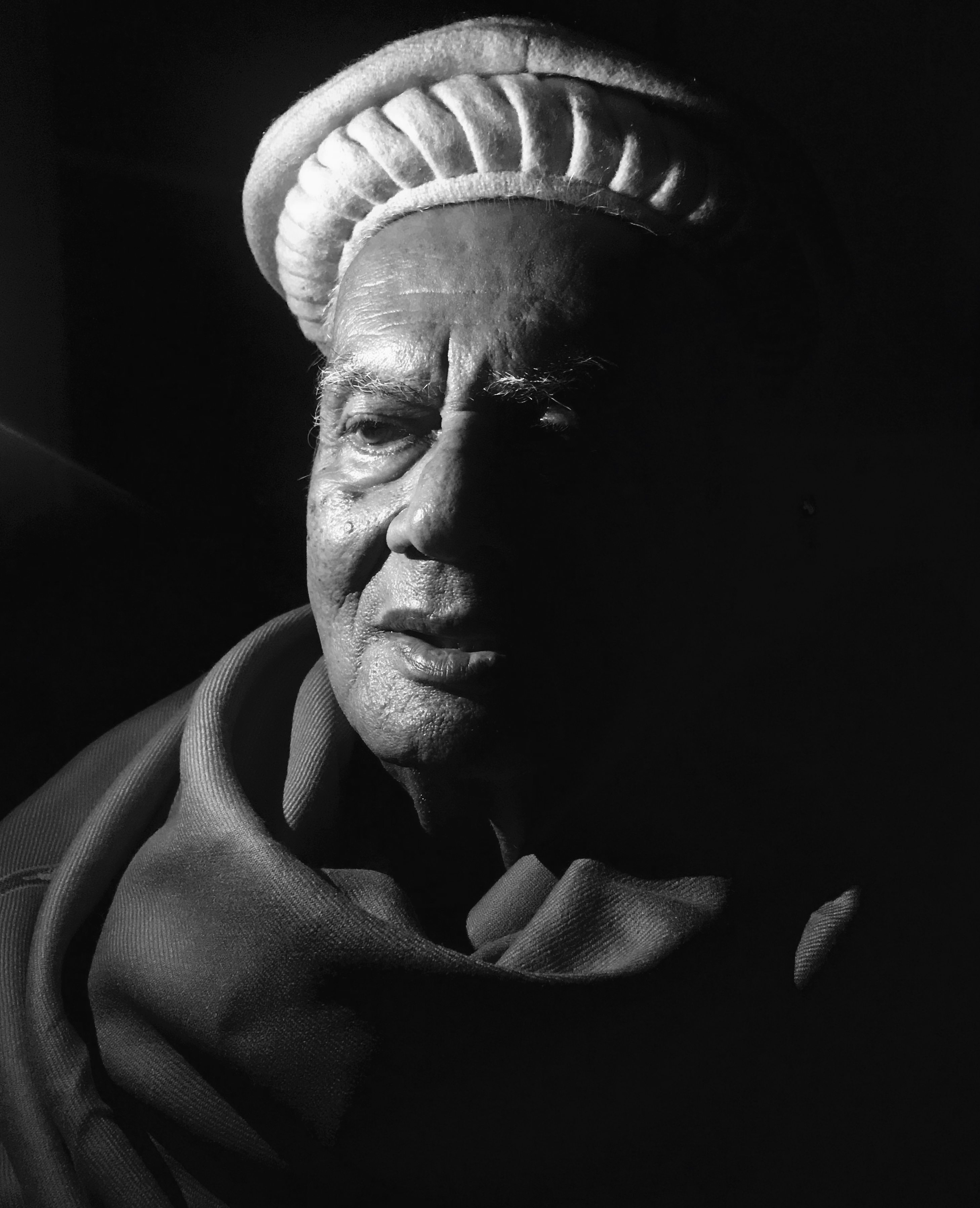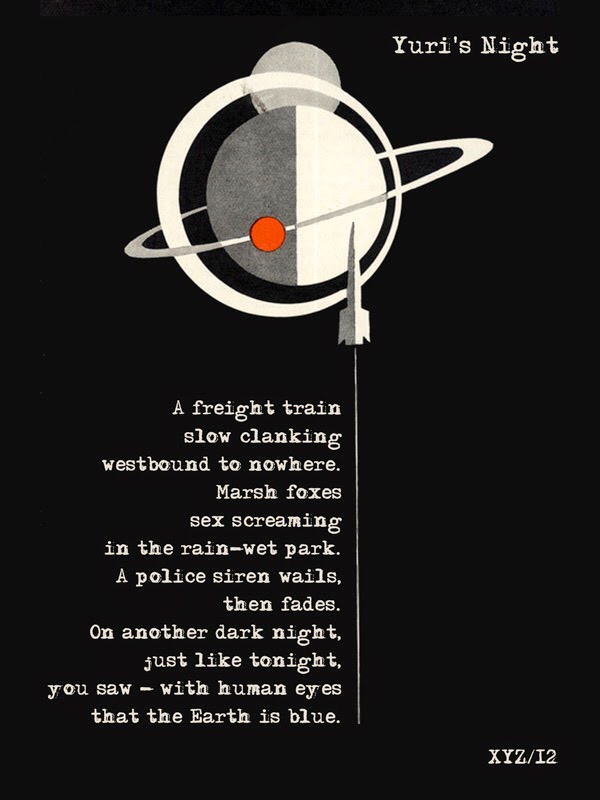***N.B. ‘Heart Note’ was longlisted by The Missing Slate, a not-for-profit, international literary journal, for a creative writing contest. “We received 275 entries for this competition, of which only 14 have been longlisted … we felt you should know that your work made an impact on us, and we look forward to reading more of it in the future.”***
Again and again we put our
sweet ghosts on small paper boats and sailed
them back into their death, each moving slowly
into the dark, disappearing as our hearts
visited and savored, hurt and yearned.
Jack Gilbert, Kunstkammer
WE PARKED the Civic up where the road curved towards the hills. It was a black Civic and in the shadow of the hills, with the city lights spread out beneath us, it melted into the dark.
Amir bhai turned off the headlights and took out a cigarette and lit it.
“You want one?”
“No thanks, Amir bhai. I’m good.”
I rolled down the window and we shivered as the wind from the hills hit our sweat-stained shirts.
“Crazy workout today, right?”
“Yeah,” I said. “It’s good stuff.”
“Bus lagé raho! Keep at it!” He said. “High reps, low weights; you’ll be buff in no time!”
“Yeah,” I said. “Thanks, Amir bhai.”
I’d met Amir bhai at a rusty basement gym a couple of months ago. He’d offered to drop me home and parked the car up here and given me clichéd advice about women for half an hour. I didn’t mind. He was twenty-nine and arranged-married and needed a young friend. I didn’t particularly relish walking home after workouts. It was a win-win.
“Ali aaj kal gym nahi aa raha? Haven’t seen Ali at the gym these days?”
“Yeah,” I nodded. “He said something about exams.”
“Fuck yaar, that’s the life!”
“Exams?”
“No yaar! University life! All those girls…” He took a deep drag on the cigarette and leaned back into the seat and closed his eyes. “But what am I telling you for? Handsome chap like you; I’m sure you’ve got more than a few girls, right?” He winked.
I smiled and shook my head and turned to look out the window. Some guys are born good at girls. I just wasn’t one of them. That’s why I’d joined the gym. A few more inches on the biceps and they wouldn’t be able to resist, right?
”Exactly,” said Amir bhai, reading my thoughts. “Just a few more months at the gym and you’ll get any girl you want. That’s how I became such a player. You know I almost got a number the other day?”
“Yeah?”
“Yeah! I was at Dolmen and this hot thing kept staring at me so I used this crazy line on her…”
All of Amir bhai’s stories began this way.
“…and I was just about to get her number when I saw my wife’s second cousin shopping for razors a few aisles down…”
And all of Amir bhai’s stories ended this way. His wife must have a lot of cousins.
He finished his cigarette and flicked it out the window. The headlights cut a broad swathe through the night as the Civic powered down the gravel road. He was telling me a particularly animated story about a PIA stewardess when I realised we weren’t headed home.
“Uh, Amir bhai?”
“Yeah?”
“You missed the turn!”
“Chill, bro! Have to get the missus an anniversary present. It’ll only take a minute.”
We drove past Sadabahar and Alamgir and the little old man who sells greasy fries by the side of the road. He waved to me. I waved back. Amir bhai broke a red light, swore at a rickshaw driver, and parked outside the department store.
“These bloody rickshaws!” he said. I nodded. We walked into the store.
Fat women hogged the aisles, their carts overflowing with enough supplies to last till Rapture. They gave us looks and I didn’t blame them. We were two sweaty, stubbled young men who reeked of smoke. Just the sort detested by police officers, school principals, and mothers with young daughters.
We pushed past them and headed for the perfume section. Amir bhai was on a roll.
“Oh, hey, just look at that one! The packaging is so third-class! Haha! It says ‘Made in the USA’! Yeah, if they mean USA, Lyari! Saalé kis ko chutiya bana rahé hain? Who the fuck are they trying to fool?”
Occasionally, he’d hold one up to my nose and I’d smile and nod and hold my breath from the onslaught of fruity fumes.
And then it happened.
“Haha! Oh, fuck me! Look at this one! It smells just like that shit schoolgirls wear, right?”
I shouldn’t have smelt it. I should have said, “Amir bhai, please just get her some chocolates and flowers and let’s head home.” But I was never very good at confrontation and all I could do was smile and nod and take a whiff.
Every perfume has three notes.
Head note: Morning. Summer break’s over. You hate being the new kid. Again. Your footsteps echo down an empty corridor. You are minding your own business, searching for Chemistry 101 when effervescent citrus sticks out a foot and you fall and you fall and you fall.
Heart note: Evening. A school concert. Music so loud you can’t think. You take a walk. Footsteps echo behind you. You turn. The answer to whispered prayers. A mischievous smile. “Have you been to the roof?” You haven’t. Adventure. Adrenaline. Stairs. Shh! Look, stars. Butterflies flutter to heady jasmine.
Base note: Afternoon. Detention ends. You’re thirsty. The canteen’s closed. The water cooler’s on the third floor. It’s okay, you like to take walks. Footsteps echo. Stairs. You pause. A familiar giggle flutters from a distant classroom. Adrenaline. Shh! One-step-at-a-time. You push open the door. Comforting sandalwood breaks your heart.
I opened my eyes.
I heard Amir bhai debating the merits of discreet motels. Across the aisle, I could see one of the fat women holding a crying baby as she searched for the perfect fairness cream. And, in my trembling hand, I held the little glass bottle that had changed everything. I looked at it. I looked at Amir bhai. I looked at the fairness cream mom and the baby who’d stopped crying and was now eyeing me warily. I slid off the cap and sprayed a hint of it onto the back of my hand and carefully put the bottle back on the shelf. The baby began to cry.
The rest of that night is a blur. I can only remember scraps of it. Of Amir bhai’s plans to meet a girlfriend at Day’s Inn. Of the smell of seekh-kababs from Sadabahar. Of the moon that night as it followed the car, a waning crescent on a flag waved by a smiling girl one rainy August morning… And as the car drove on and on through familiar streets, I’d raise the back of my hand and close my eyes and inhale my own cigarette of sweat and sweet heartache.
Amir bhai was right. It was a perfume worn by schoolgirls. One girl in particular. One girl with a hazel lock that still haunted my dreams and gave me a sick feeling in the pit of my stomach every weekday as the bus took me home past the lonely Sea-View apartments at sunset.
But now here she was, on the back of my hand, and I ran up the stairs two at a time and locked my door and shut off the lights and fell asleep with a smile on my lips and a pain in my heart, drifting in and out of sepia smeared dreams as they played late night love songs for me on CityFM89…
The next morning was a Sunday and the store was closed.
On Monday I had uni and Dad wanted to discuss politics and Mom needed help getting the groceries and there was lunch and there was dinner and there was gym and by the time I reached the store someone had already found and opened and smelt and bought and wrapped and taken far, far away that nondescript little vial that held my first love, my first heartbreak.





 Gharo, Sindh, Pakistan. PHOTO CREDITS: HASHAM MASOOD, M.B.B.S., BATCH XVIII
Gharo, Sindh, Pakistan. PHOTO CREDITS: HASHAM MASOOD, M.B.B.S., BATCH XVIII 



